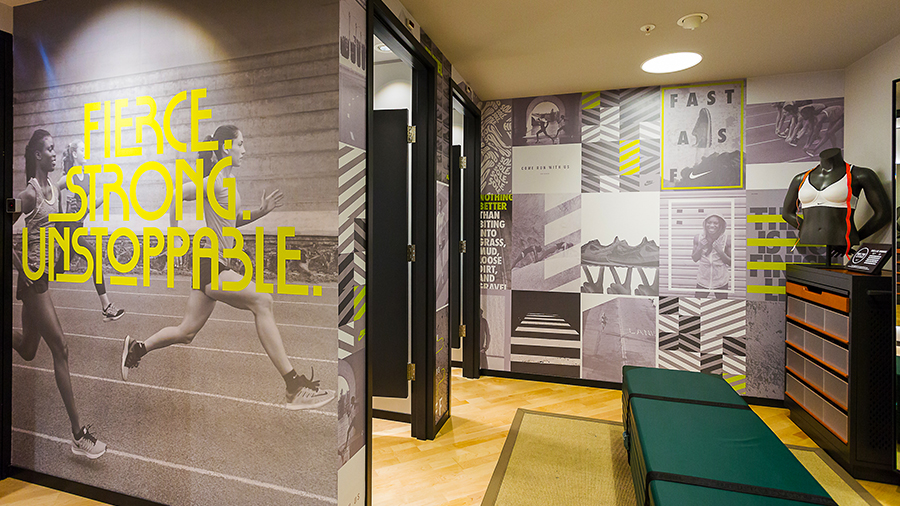As stores reopen across the country, a recent study by First Insight found that the majority of consumers (54 percent) are ready to buy apparel in-store, followed by home improvement (36 percent) and footwear (32 percent).
However, the purchase experience will likely look much different than it did pre-Coronavirus, as 65 percent of women said they would not feel safe trying on clothes in dressing rooms, 78 percent would not feel safe testing beauty products and 66 percent would not feel safe working with a sales associate.
By comparison, 54 percent of men said they would not feel safe trying on clothes in dressing rooms, 64 percent would not feel safe testing beauty products and 54 percent would not be comfortable working with a sales associate.
Millennials Feel Safest Re-entering Shopping Environment
The study also found that, of the generations, Millennials feel the safest returning to the shopping environment overall. Only 49 percent of Millennials surveyed said they would not feel safe trying on clothes in dressing rooms compared to 71 percent of Baby Boomers. Similarly, 58 percent would not feel safe testing beauty products compared to 86 percent of Baby Boomers and 48 percent of Millennials would not feel safe working with a sales associate, versus 72 percent of Baby Boomers.
“While many shoppers seem ready to go back in-store, particularly to buy clothing, the experience is anything but business-as-usual,” said Greg Petro, CEO of First Insight. “The Coronavirus has moved the industry away from high-touch to low-touch. The ‘new normal’ for retailers will be to work with shoppers in a hands-free way to help them to find what they need while also giving them the space to feel comfortable, particularly with high-risk groups like Baby Boomers. Not feeling safe trying on clothing also begs many questions on how retailers and brands will need to adapt their return and exchange policy in the coming weeks.”
What Will Make Consumers Feel Safe In-Store
Respondents felt that hand sanitizer and limiting the number of people in-store (80 percent respectively) and wearing a facemask (79 percent) would make them feel safest. Temperature checks (69 percent), self-checkout (69 percent) and farther distances between product racks or shelving (68 percent) ranked less important to consumers when considering the safety of shopping experiences in-store.
Coronavirus Worry and Spending Cutbacks Subsiding Slightly
- Worry about the Coronavirus is subsiding slightly, with 76 percent of respondents being worried on April 30th, versus 82 percent on April 20, 2020.
- The percent of consumers cutting back on spending due to Coronavirus decreased, with 58 percent of respondents reporting cutbacks in spending on April 30 compared to 62 percent on April 20.
The new findings were revealed as part of First Insight’s ongoing series of consumer sentiment studies entitled, “The Impact of Coronavirus on Consumer Purchase Decisions and Behaviors.” Now publishing the fifth study in the series, the company has been tracking consumer data since February 28, 2020, fielding additional studies on March 17, April 3, April 20 and April 30, 2020.
Photo courtesy Nike














